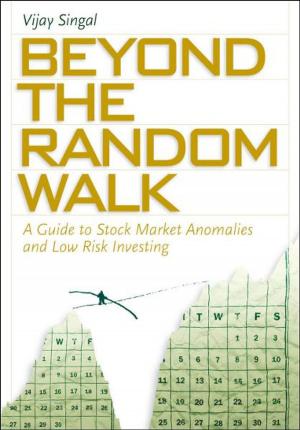Democracy Inside
Participatory Innovation in Unlikely Places
Nonfiction, Social & Cultural Studies, Political Science, Government, Democracy, Politics, History & Theory| Author: | Albert W. Dzur | ISBN: | 9780190658694 |
| Publisher: | Oxford University Press | Publication: | November 15, 2018 |
| Imprint: | Oxford University Press | Language: | English |
| Author: | Albert W. Dzur |
| ISBN: | 9780190658694 |
| Publisher: | Oxford University Press |
| Publication: | November 15, 2018 |
| Imprint: | Oxford University Press |
| Language: | English |
In our current era of deep distrust in our politics and political institutions, there is also a pervasive sense that social problems are so overwhelmingly complex that it is virtually impossible to solve them. In Democracy Inside, Albert W. Dzur looks at recent instances of effective citizen action across the United States to develop a grounded political theory of democratic change, one in which citizens effectively engage with institutions. Drawing on qualitative interviews with practitioners involved in democratic schools, restorative and community justice, and collaborative city governance, Dzur stresses that we need to turn to ordinary, daily life and focus on how "democratic professionals" are breaking down barriers and bring people into decision-making processes at the granular level. These reformers are not transforming high politics or national-scale institutions, but they have been effective at changing the routine, everyday practices where people live and work. As Democracy Inside shows, if we really want to expand the democracy and build citizen engagement intensity in American life, we need to look beyond traditional politics and transform our classrooms, courtrooms, and offices into accessible civic spaces.
In our current era of deep distrust in our politics and political institutions, there is also a pervasive sense that social problems are so overwhelmingly complex that it is virtually impossible to solve them. In Democracy Inside, Albert W. Dzur looks at recent instances of effective citizen action across the United States to develop a grounded political theory of democratic change, one in which citizens effectively engage with institutions. Drawing on qualitative interviews with practitioners involved in democratic schools, restorative and community justice, and collaborative city governance, Dzur stresses that we need to turn to ordinary, daily life and focus on how "democratic professionals" are breaking down barriers and bring people into decision-making processes at the granular level. These reformers are not transforming high politics or national-scale institutions, but they have been effective at changing the routine, everyday practices where people live and work. As Democracy Inside shows, if we really want to expand the democracy and build citizen engagement intensity in American life, we need to look beyond traditional politics and transform our classrooms, courtrooms, and offices into accessible civic spaces.















